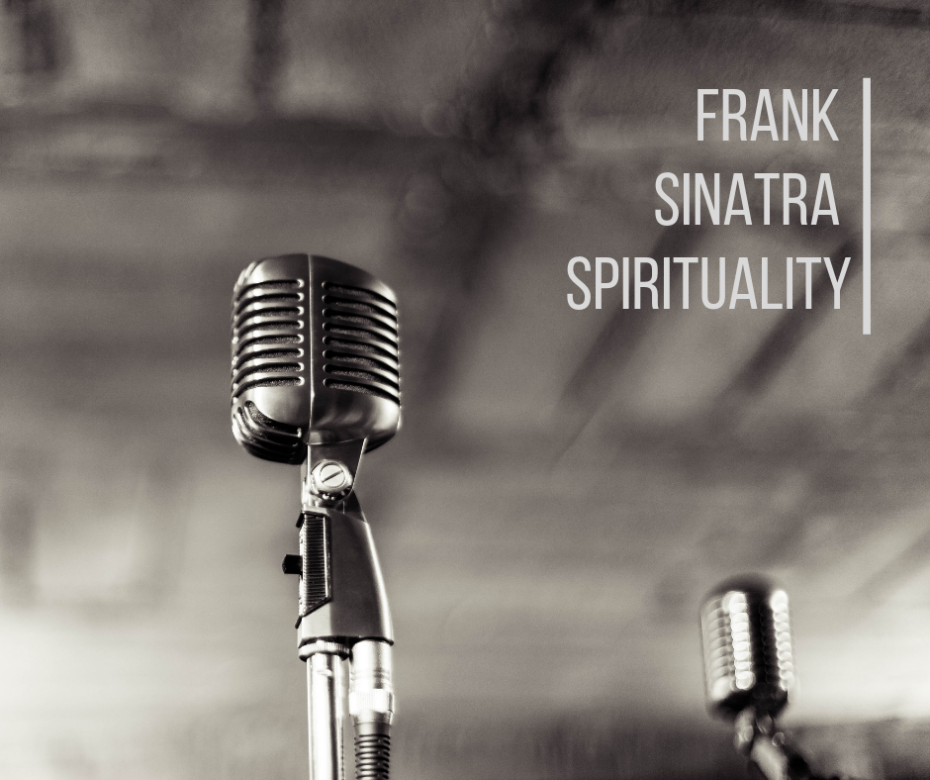In “My Way,” Frank Sinatra famously sang,
Regrets, I’ve had a few
But then again, too few to mention.
I did what I had to do and saw it through without exemption.
I planned each charted course, each careful step along the byway,
And more, much more than this, I did it my way.
…
For what is a man, what has he got?
If not himself, then he has naught.
To say the things he truly feels and not the words of one who kneels;
The record shows I took the blows and did it my way!
Paul Anka wrote the song for Sinatra. It became a runaway hit for him, and for other artists who covered it.
It’s a song that celebrates independence, egoism, and single-minded grit in the pursuit of your desires.
There’s something about “My Way” that resonates with human nature—in a bad way.
To his credit, Sinatra’s daughter Tina said the singer grew to hate the song. “He always thought that song was self-serving and self-indulgent,” she said. That is exactly right, which may be why I’ve heard that “I Did It My Way” is the national anthem of hell!
The song’s theme also gets to the heart of what is wrong with Christless Christianity.
Maybe you’ve become bored or tired with Christianity because you did it your way.
That’s the problem.
By contrast, during His ministry, Jesus emphasized that He was totally dependent on the Father. Every action, word, and judgment came from acting according to the Father’s will.
“Truly, truly, I say to you, the Son can do nothing of Himself, unless it is something He sees the Father doing; for whatever the Father does, these things the Son also does in like manner” (John 5:19).
“The words that I say to you I do not speak on My own initiative, but the Father abiding in Me does His works” (John 14:10b).
“I can do nothing on My own initiative. As I hear, I judge; and My judgment is just, because I do not seek My own will, but the will of Him who sent Me” (John 5:30).
“So Jesus said, “When you lift up the Son of Man, then you will know that I am He, and I do nothing on My own initiative, but I speak these things as the Father taught Me” (John 8:28).
Of course, Jesus could have acted on His own authority as “very God of very God”. By nature Jesus is divine, but in the Incarnation, the Lord chose to become human, with all the limitations that entails.
Why?
In part, to show us what true humanity is meant to be. You were meant to be dependent on God. Major Ian Thomas thought that was a key to understanding the Christian life:
It has been shown that the primary limitation imposed upon you as man, in order that you may be in the likeness of your Maker and bear the image of the Invisible, is that of total dependence upon God—in that your behavior, to be godly, must derive directly and exclusively from God’s activity in you and through you (The Mystery of Godliness, p. 49).
But instead of being totally dependent on God, we decided to do it “my way.” That not only violated God’s design for you, it also replaced God with a different deity:
Any activity, therefore, in which you may engage, no matter how nobly conceived, which does not stem from this humble attitude of dependence upon God, violates the basic principles of your true humanity and the role for which you were created. By independence (or the absence of faith), you eliminate God, and substitute yourself, to become both cause and effect—the source of your own “godliness,” but only God has the right to be the source of His own godliness, so that however unwittingly, you are acting as your own God! (The Mystery of Godliness, p. 49).
Strictly speaking, Christianity without Christ is not godless; it’s idolatrous. You’ll always have one god or another, even if you have replaced the Living God, with yourself. No wonder people get bored and tired of that kind of Christianity!
How do you avoid Frank Sinatra spirituality? If going “my way” means going away from God to idolatry, how do you learn to live the Christian life His way, in complete dependence upon God? Bob and I will explore some of these themes in upcoming podcasts about living the Christian life (listen here or here).


